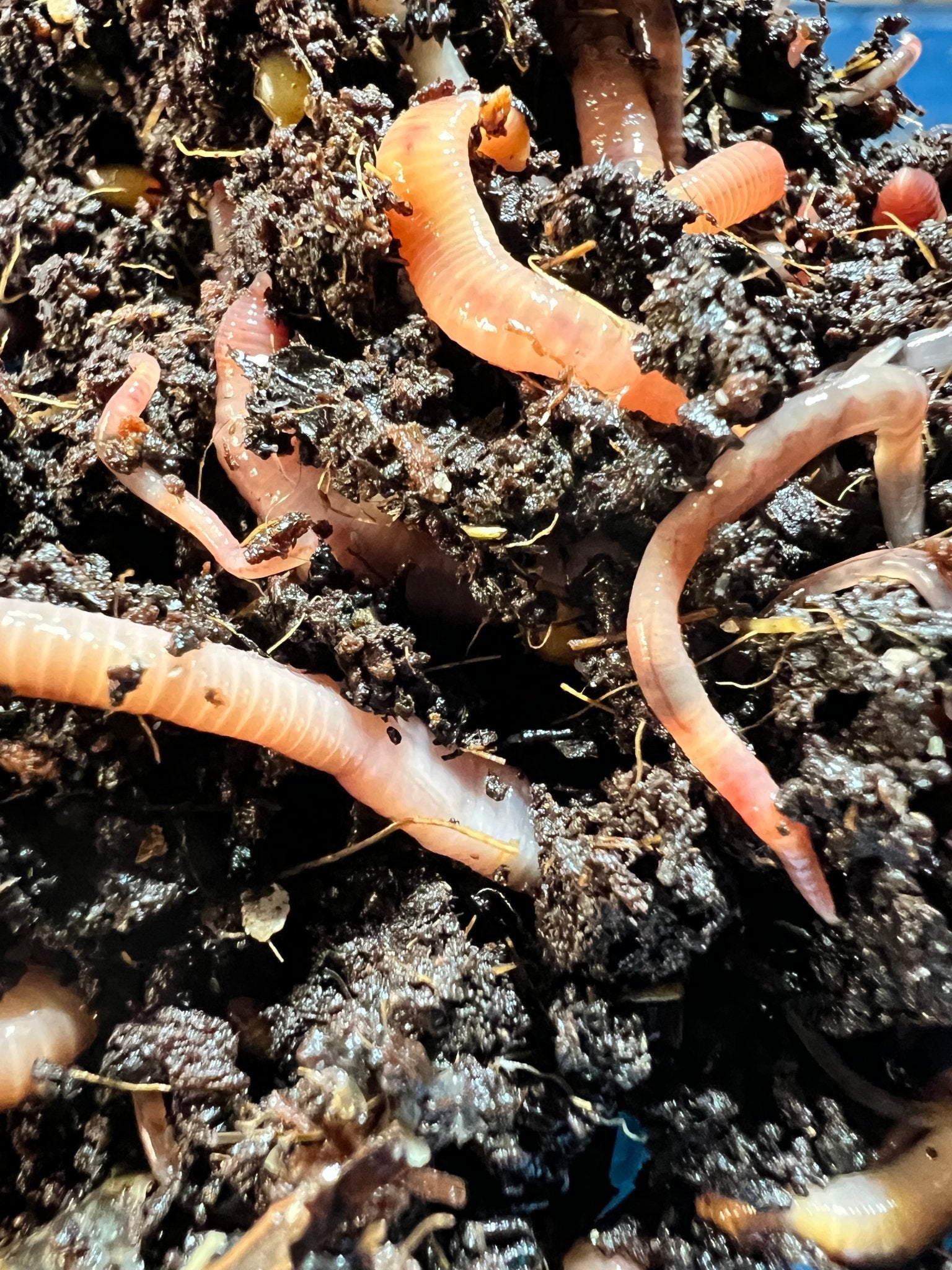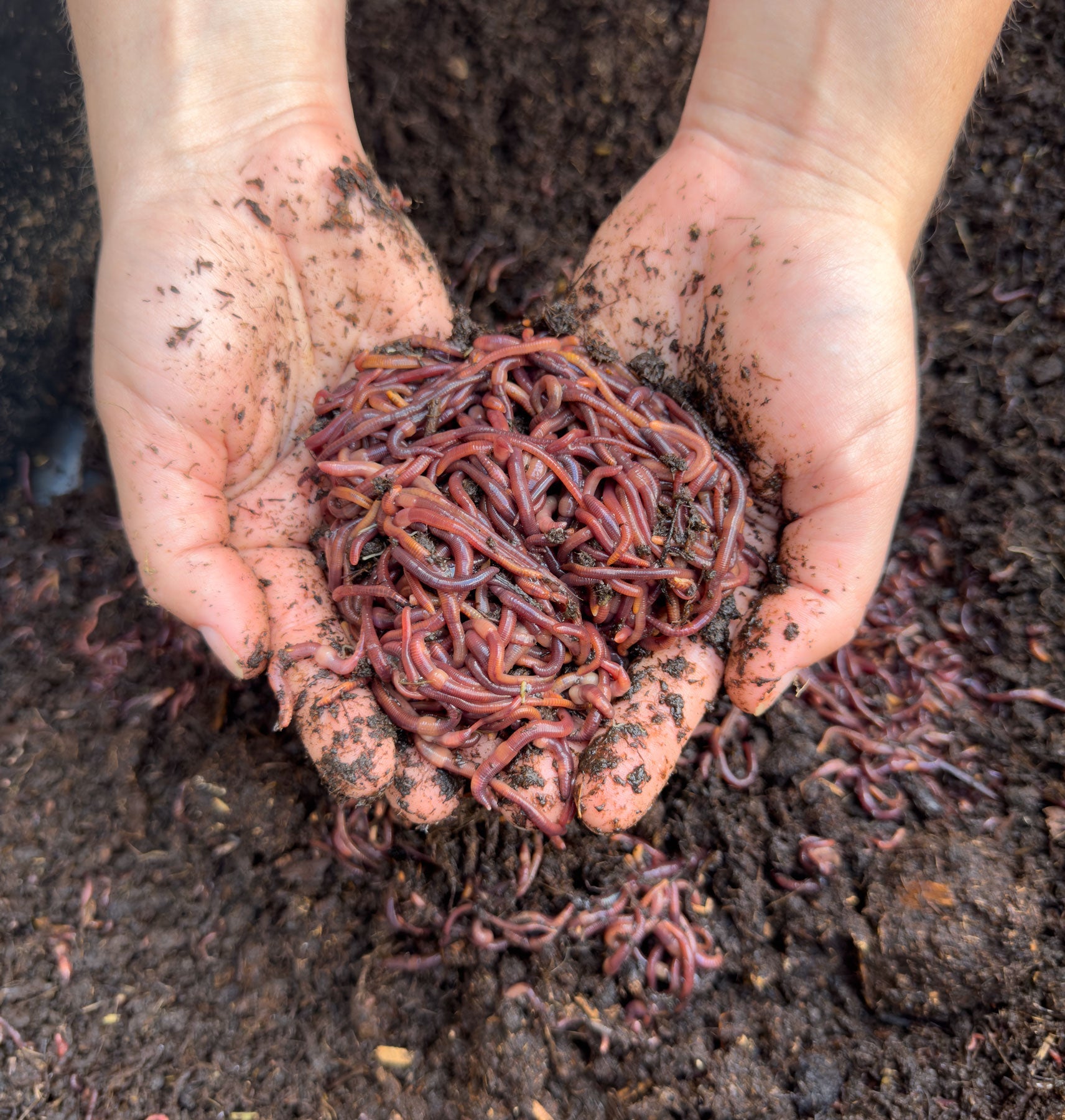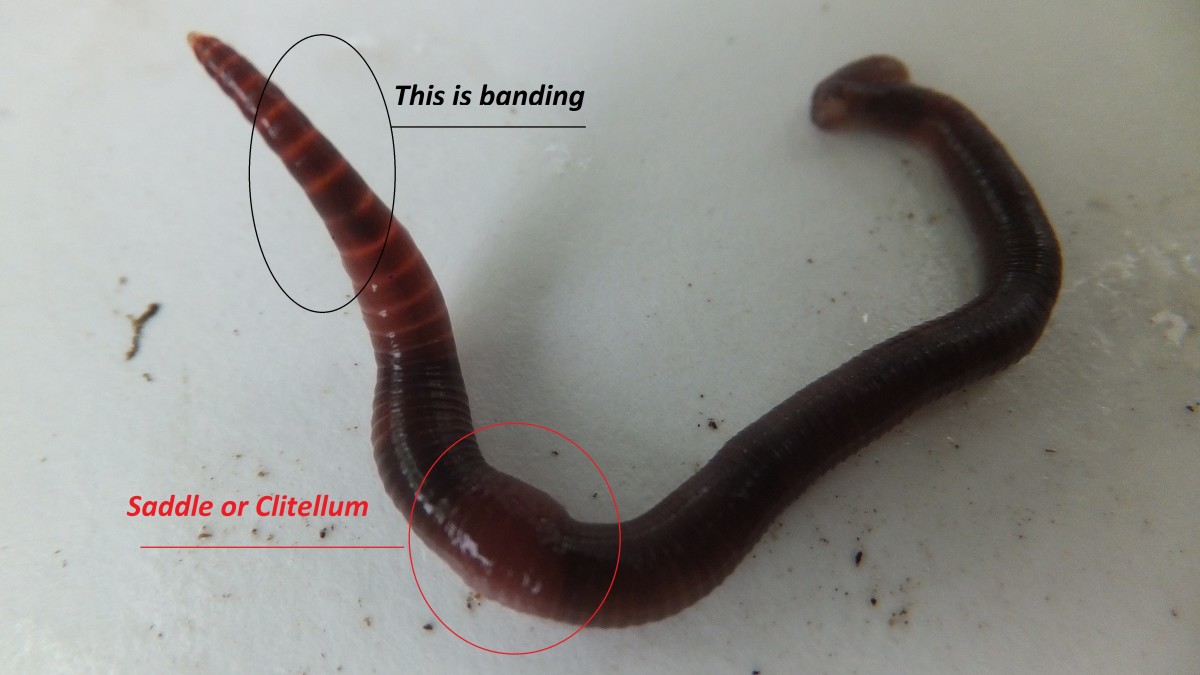Experience the Perks of Using Red Wiggler Express for Superior Lawn Care
Red Wigglers 101: Every Little Thing You Required to Know for Thriving Gardens
Red wigglers, or Eisenia fetida, play a vital duty in sustainable gardening methods, acting as effective decomposers that transform natural waste right into important vermicompost. Comprehending their environment, nutritional preferences, and the myriad advantages they supply can transform your horticulture approach (Red Wiggler Express). As these worms thrive in specific problems, their treatment and administration are essential for optimizing their payments to soil health. The question remains: what actions can you require to harness the full potential of these amazing organisms in your very own yard?
Recognizing Red Wigglers

Red wigglers flourish in settings rich in organic product and moisture. Red Wiggler Express. They possess an one-of-a-kind gastrointestinal system that permits them to refine food scraps swiftly, secreting spreadings that are packed with crucial nutrients such as nitrogen, phosphorus, and potassium. These spreadings improve dirt framework, improve water retention, and foster beneficial microbial activity, all of which add to durable plant health
Additionally, red wigglers can make it through in diverse problems, making them adaptable to different gardening techniques, including indoor and outdoor composting systems. Their capacity to take in huge amounts of organic waste day-to-day placements them as valuable allies for both home gardeners and industrial farmers. By integrating red wigglers into horticulture initiatives, one can significantly enhance soil fertility and support sustainable horticulture practices.
Ideal Habitat for Red Wigglers
Producing an optimal setting for red wigglers is vital for maximizing their composting capacities and overall health. Red wigglers prosper in damp, dark, and well-aerated habitats, which carefully resemble their native environments in ground cover and decomposing raw material. A suitable habitat needs to offer a temperature array between 55 ° F and 77 ° F(13 ° C to 25 ° C), as extreme temperature levels can emphasize or harm the worms.
The bed linens material, such as shredded paper, cardboard, or coconut coir, need to be maintained wet yet not excessively damp, as extreme wetness can result in anaerobic conditions detrimental to worm wellness. In addition, a pH degree between 6.0 and 7.5 is ideal, guaranteeing a balanced environment.
Correct aeration is equally essential; it permits oxygen blood circulation and prevents the buildup of hazardous gases. A container or bin created for vermicomposting need to have water drainage holes to get rid of excess dampness and advertise air movement. Regular tracking of these problems is vital for preserving a prospering red wiggler populace, eventually improving their effectiveness in breaking down natural waste and enhancing garden soil.
Dietary Demands and Preferences

Red wigglers display specific preferences; they are particularly fond of softer, decaying materials over harder or even more fibrous compounds. It is necessary to prevent feeding them citrus peels, onion, and garlic in big quantities, as these can be unsafe. In addition, meat, dairy products, and oily foods need to be left out, as they can draw in pests and develop undesirable odors.
(Charlotte NC Worms For Sale)To keep optimal health and wellness, a well balanced mix of eco-friendly and brownish materials is advised. Eco-friendly materials, such as vegetable scraps, supply nitrogen, while brownish products, like cardboard and dried out fallen leaves, supply carbon. Keeping an eye on the dampness web content and ensuring a regular food supply will better improve their growth and composting capacities. By accommodating their dietary demands, garden enthusiasts can promote a thriving population of red wigglers in their garden compost systems.
Advantages of Using Red Wigglers
The remarkable benefits of utilizing red wigglers in horticulture extend far beyond their role in composting. These functional organisms contribute dramatically to dirt health, enhancing vitamins and mineral availability and advertising microbial activity. By freshening the dirt as they burrow, red wigglers improve drainage and root infiltration, producing an optimal environment for plant growth.
Furthermore, red wigglers are effective recyclers of natural waste, transforming it into nutrient-rich castings that serve as an exceptional natural fertilizer. These spreadings include advantageous microorganisms and essential nutrients, such as nitrogen, phosphorus, and potassium, which are essential for plant growth. The sluggish release of nutrients from worm spreadings makes certain a consistent supply, lessening the threat of nutrient leaching and advertising sustainable horticulture methods.
Furthermore, the existence of red wigglers can assist suppress soil-borne plant illness. Their gastrointestinal processes create compounds that hinder damaging pathogens, thus boosting plant health. Finally, using red wigglers fosters an extra lasting horticulture technique by minimizing dependence on chemical plant foods and advertising a closed-loop system, where waste is transformed into useful sources. On the whole, integrating red wigglers right into horticulture practices uses a multitude of ecological and farming advantages.
(Lake Rhodhiss Bait)
Composting With Red Wigglers

To start an effective vermicomposting system, pick an ideal container with correct air flow and drainage. The perfect environment for red wigglers consists of a moist, dark setup with temperature levels in between 55 ° F and 77 ° F. Begin by layering shredded paper, cardboard, and food scraps, ensuring a balanced mix of carbon and nitrogen-rich materials.
Red wigglers grow on veggie peels, fruit scraps, coffee premises, and eggshells, while avoiding meat, dairy products, and oily foods that can draw in bugs. Frequently keep track of dampness degrees; the bed linen ought to be look at here now damp but not soaked. Harvest worm spreadings every few months by dividing the worms from the garden compost, which can then be used directly in gardens or kept for later usage.
Carrying out vermicomposting not only decreases landfill waste however likewise enhances garden dirt, promoting healthy and balanced plant development and sustainable gardening methods. Embrace this environment-friendly method to boost your gardening undertakings.
Conclusion
In summary, red wigglers are vital organisms for enhancing garden efficiency with reliable composting. By making use of red wigglers, garden enthusiasts can substantially enhance soil quality and nutrient schedule, promoting much healthier plant development.